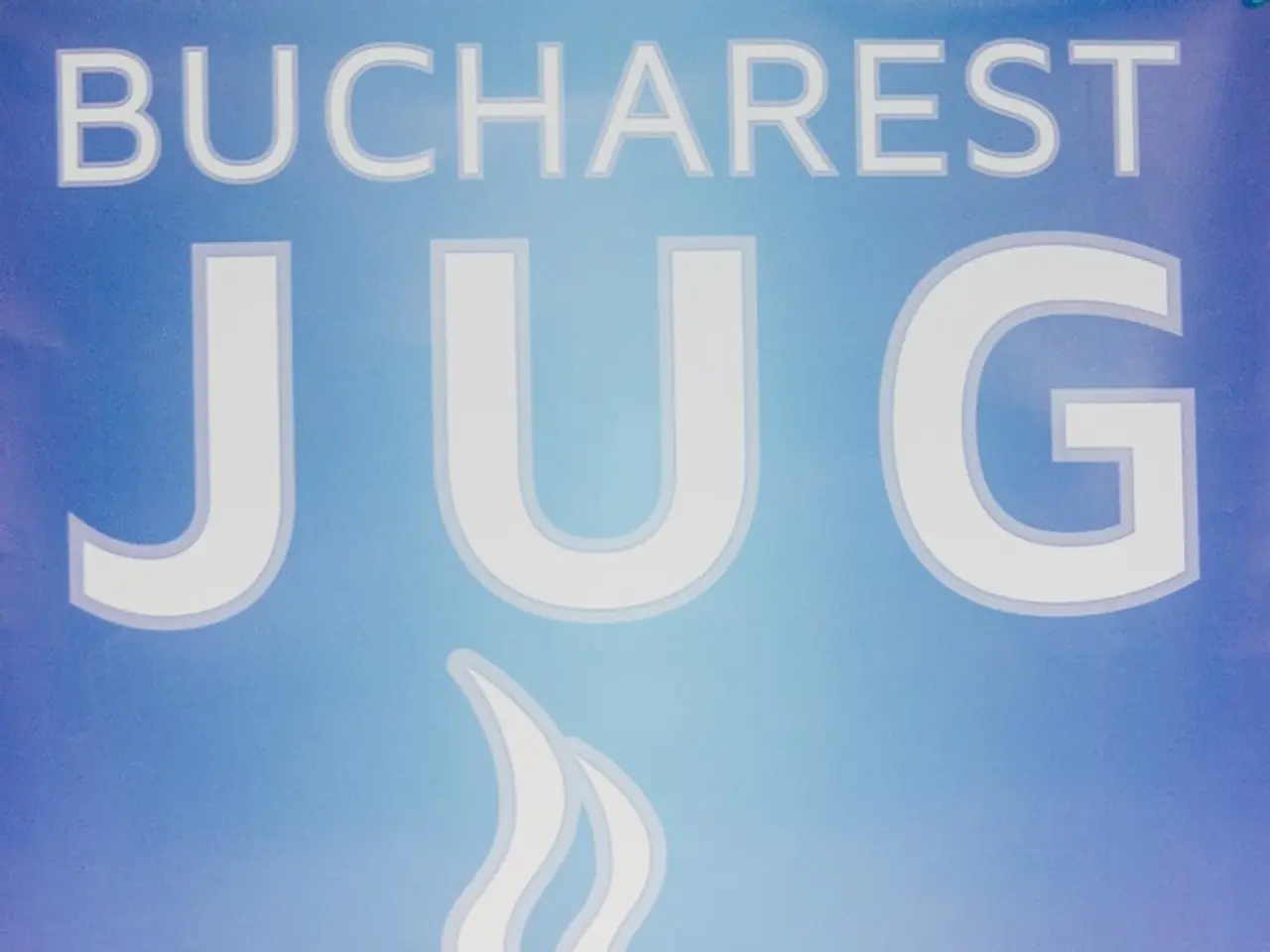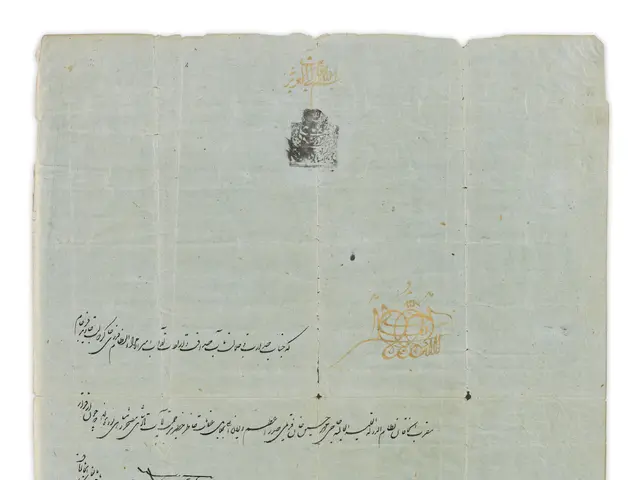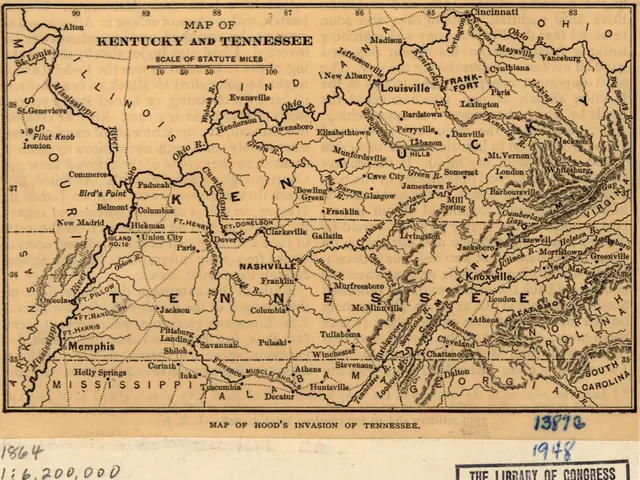Should MoneyGram be purchased by Western Union?
In the world of international money transfers, a potential merger between Western Union and MoneyGram has been a topic of discussion. This merger, if it were to materialise, could significantly reshape the industry landscape.
Back in 2018, Ant Financial, a Chinese financial services company, attempted to acquire MoneyGram but was blocked due to U.S. government national security and regulatory concerns. However, with potential changes in the regulatory environment and geopolitical factors, Ant Financial might reconsider its bid.
Meanwhile, Western Union and MoneyGram have a long history of competition, with Western Union trading at an 8x equity/EBITDA multiple. If the acquisition were to go through, it could potentially find $125 million in synergies, making the deal financially viable.
One of the key areas of concern for competition authorities could be the combination of these two giants, particularly in cash pay-in corridors to the developing world, where they are extremely dominant. This could lead to price increases due to the elimination of a major competitor, as Western Union is typically more expensive than MoneyGram in most corridors.
However, the combined cross-border payments flow of Western Union and MoneyGram is approximately $110 billion, which is less than 20% of the overall remittances market size (estimated to be $600-700 billion). This suggests that there is still room for competition and potential growth in the market.
The merger could also result in significant cost savings. For instance, combining shared functions in operations, treasury, and head office could result in additional savings of over $1.6 billion in total selling, general, and administrative costs. Moreover, bringing agent costs into line could potentially save around $100 million.
Interestingly, Finablr is no longer an option for bidding on MoneyGram, and Euronet's Ria has launched an alternative bid. The combined market size, including more of the C2C market, could potentially increase to $2 billion, reducing the share of flows to 5%.
PayPal, who owns Xoom, has the means but not necessarily the desire to enter the cash pay-in market. In regions like Africa and in outlets like Post Offices, Western Union and MoneyGram have few competitors.
It's important to note that no formal confirmation about the deal has been made by either Western Union or MoneyGram. If anti-trust and regulatory approvals are granted, the acquisition would likely be a "no-brainer" for the acquiring company.
The acquisition of MoneyGram by Western Union could add around $900 million to Western Union's own equity value from the market's positive view of the acquisition. The potential savings and increased market share could make this deal a strategic move for Western Union in the competitive remittances market.
Read also:
- Peptide YY (PYY): Exploring its Role in Appetite Suppression, Intestinal Health, and Cognitive Links
- Toddler Health: Rotavirus Signs, Origins, and Potential Complications
- Digestive issues and heart discomfort: Root causes and associated health conditions
- House Infernos: Deadly Hazards Surpassing the Flames








